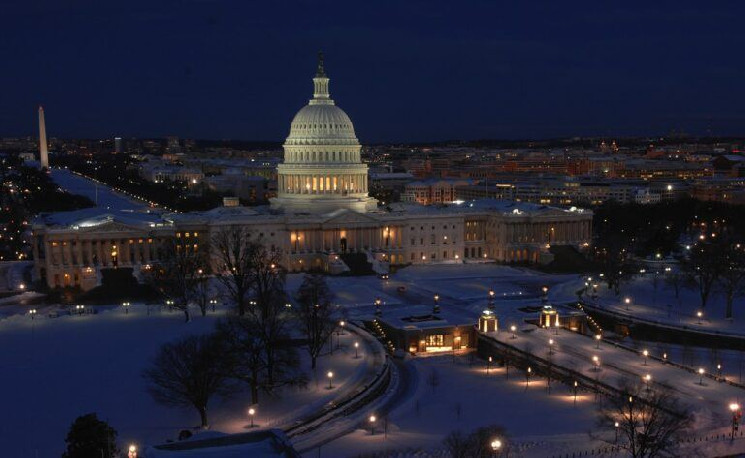Public Citizen, a nonprofit consumer advocacy organization based in Washington, D.C., has released a report alleging that the cryptocurrency sector is significantly exploiting the U.S. Supreme Court’s Citizens United ruling to dominate political spending in the 2024 U.S. elections. The 2010 Citizens United decision allowed corporations and unions to spend unlimited amounts on political campaigns, which Public Citizen argues has enabled industries like cryptocurrency to exert outsized influence on the electoral process.
According to the report, nearly 48% of all corporate contributions in the 2024 elections—amounting to $248 million—have come from the cryptocurrency industry, making it the top corporate spender this year. Their analysis, based on data from OpenSecrets.org, highlights that the crypto industry’s spending over the past three election cycles totals $129 million. This figure represents 15% of all corporate donations since the Citizens United ruling, underscoring the rapid rise of crypto’s political influence.
In comparison, fossil fuel companies, which have traditionally been heavy political spenders, have contributed $176 million over the past 14 years. Public Citizen points out that while the fossil fuel sector has long dominated corporate political spending, the cryptocurrency industry is now quickly catching up. The report notes that the crypto sector’s Fairshake PAC and its affiliates have received nearly $114 million from corporate backers, placing Fairshake PAC second only to the Senate Leadership Fund, which has collected $119 million from various sectors, including fossil fuels.
Rick Claypool, Public Citizen’s research director and author of the report, expressed concern that this unprecedented level of spending by crypto companies could set a dangerous precedent for future elections. He warned that this trend might lead to greater corporate influence and the erosion of established electoral norms, further entrenching the power of wealthy interests in the political process.
Featured Image via Pixabay
 cryptoglobe.com
cryptoglobe.com
